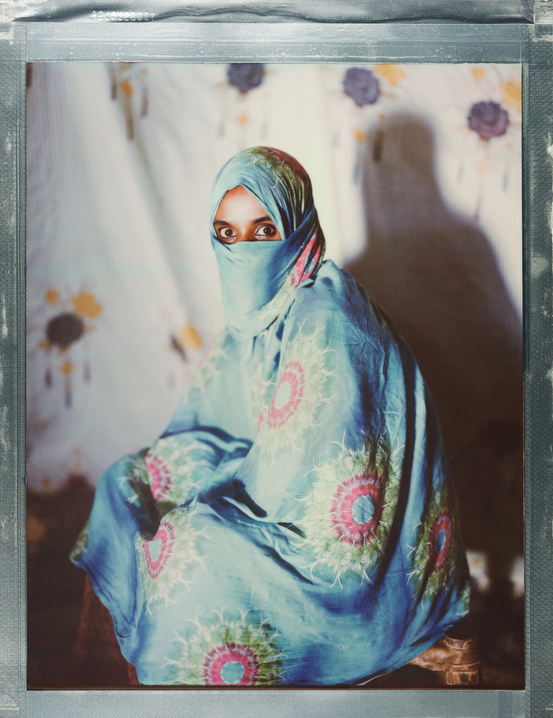Joseph / Kenya
“I came from Kismayo town (Somalia) in 1992. My mother died when I was one year old, and I was living with my aunty and my father for a long time, then we moved here in 2004 a place called Kakuma camp (Kenya), we settled down and lived here for a long time. I stayed there for a long time.
My mother died when I was one year old, and I was living with my aunty in Kakuma camp in the same house I was treated badly there, then one day I left this place and I went to Nairobi with my friend. I have heard that all my family got the visa process. When I have returned from Nairobi with my friend, I have received rejection from my family and told us (me and my friend) that we are behaving like girls.
Then I left all my family and stayed alone. Then one night while I was with my friend lying down together my brother saw us and told the elderly of the town that those two boys are having sex. The Elderly people of the town denounce me and told me that I am a bad person to the community and we do not want this happen to our kids in our town. Life became difficult there, then I have moved to a place called Kakuma 3 and I have lived there in a while.
I have not received any help at all there only I was getting rejection from people, when I asked help from people everyone rejected me. I have separated from my friend and found two new friends. One of them has been killed and another friend has been tortured and has escaped the place.”




